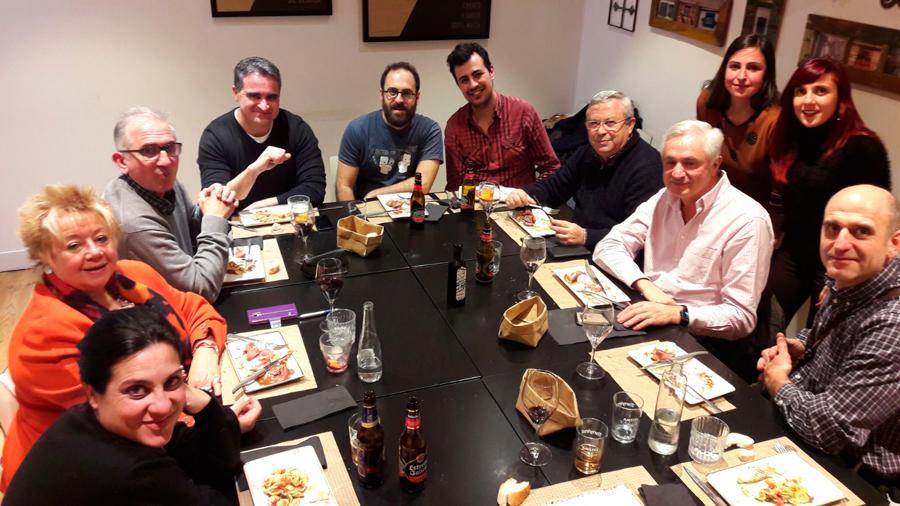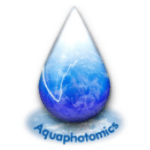Spain’s research group, “Symbiogene,” is leveraging the power of Aquaphotomics to unravel the mysteries of anhydrobiosis. Led by Pedro Carrasco and Myriam Catalá from Universidad Rey Juan Carlos, the group focuses on abiotic stress, anhydrobiosis, microalgae, lichen, and desiccation – key fields for comprehending organisms’ resilience to environmental shifts.
Symbiogene’s specialization lies in the study of aeroterrestrial microalgae and lichens, renowned for their ability to endure severe dehydration and rehydration cycles. This remarkable survival strategy, known as anhydrobiosis, provides invaluable insights into how life can flourish in the face of climate change and water scarcity.

By harnessing the combined prowess of near-infrared spectroscopy and aquaphotomics, Symbiogene meticulously dissects cellular metabolomic profiles. This approach unveils distinctive molecular patterns during stress, shedding light on the intricate links between metabolomic shifts and stress responses. The research is particularly illuminating for plants capable of total dehydration, often referred to as “resurrection plants.”
Symbiogene’s engagement with Aquaphotomics not only fills gaps in the understanding of water’s molecular behavior during the dehydration of aeroterrestrial algae but also marks a significant stride in advancing anhydrobiosis comprehension. This collaboration holds the potential to drive insights into climate change adaptation and water scarcity mitigation.
